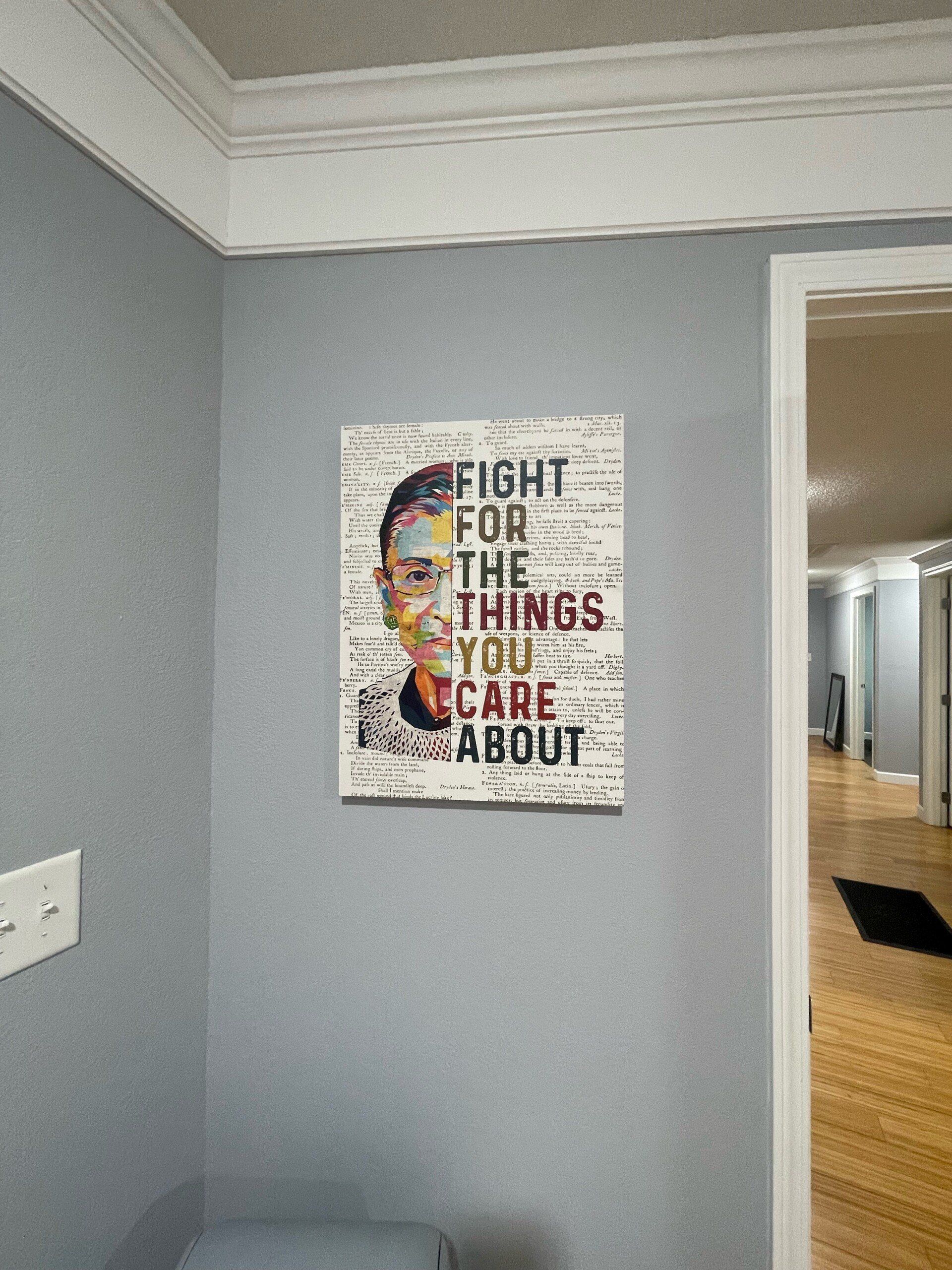Our Blog

Finding an excellent criminal defense attorney to represent you should be your number one priority if you face a criminal charge. That’s because the right attorney can make all the difference in putting up the best defense possible. While searching for a criminal defense attorney may seem daunting, it’s arguably one of the most critical steps of your entire case. Here are several tips on how to find a good criminal defense attorney. 1. Choose a criminal defense attorney that’s responsive Time is of the essence when you’re facing a criminal charge. When you reach out to a lawyer, they should respond right away. Their legal team should be able to arrange a meeting with you within a few days. If they’re quick to respond to your inquiry, they will probably be equally on the ball when defending you in court. 2. Select an attorney that specializes in criminal law While the attorney you choose doesn’t need to practice criminal law exclusively, they should at least specialize in it. If you don’t see anything about criminal law on the attorney’s website, it’s likely that they’re not the right lawyer for your needs. That’s because regular involvement in criminal law requires that your attorney stay up to date on the nuances of this type of law and the best possible defenses. 3. Find someone with local court experience While you should find a lawyer qualified in criminal law, it’s just as vital that you find someone with experience in the local courts. This aspect of deciding on the right attorney tends to go overlooked, but local relationships and connections can go a long way when fighting a criminal charge. Choosing a lawyer with local court experience will also give insight into the judge you might face during your court case. 4. Make sure to check each lawyer’s credentials Before you decide on an attorney, you will want to look into their background and record when winning court cases. You can check reputable sources like the state bar to see if a lawyer has any formal discipline on their record. But you shouldn’t stop there. You can ask any lawyer you are interested in for references. These people have first-hand knowledge of how an attorney operates and can help offer you insight into how they will handle your case. 5. Look for a transparent attorney The best attorneys are straightforward — especially when it comes to payment. They should explain in simple terms how they bill and give you an idea of what you can expect regarding their fees for services and the total cost for your defense up front. You should also ask what their services include and make sure that your attorney can mount a strong defense for your case. Contact Erin McArdle Law if you need a good criminal defense attorney. I bring over 25 years of courtroom experience to my clients facing criminal charges in Tennessee. But, I also know what it’s like to be charged with a crime you did not commit. After 14 years of practicing law, the U.S. Government brought charges against me, which I beat before ever going to trial. I can do the same for you. You get decades of expertise when you hire me as a criminal defense attorney. You also get compassionate, transparent guidance through the legal system. It can feel like the whole world is against you when your child or loved one is charged with a crime. I’ll stand by your side with a tenacious defense. Book an appointment for a consultation with Erin McArdle Law to work with Johnson City’s trusted criminal defense attorney .

When your child gets in trouble with the law, you may just want to put it behind you by settling the case as fast as possible. However, it’s a mistake to entrust their future to the juvenile legal system. Even though you have your child’s best interests in mind, without years of legal expertise, it’s impossible to advocate for them effectively. A juvenile law attorney understands the legal system and has experience advocating for young clients. This blog discusses just a few of the types of cases a juvenile law attorney can help with; don’t go to court without their expert legal representation by your side. Who does Tennessee consider a juvenile? Anyone under 18 who has charges brought against them goes to juvenile court. It’s a separate legal system from the criminal courts. Everyone who works in the juvenile court system specializes in that type of law. Even if you have first-hand experience with family, criminal, or civil court, it may not be relevant to the process or consequences your child faces.

While an individual can have their family member represent them as their lawyer, it may not always be the best idea. To help you understand the benefits versus the downsides of a family member taking your case, Erin McArdle Law has created this guide. Benefits of Having a Family Member Represent You Having a family member represent you in criminal court may come with a few benefits. For starters, if you’re considering asking a family member to take your case, it's safe to say that you have a strong level of trust in your family member. This can be crucial for building an effective case as details shouldn’t be withheld and communication between attorney and client should be open. Furthermore, depending on your family member’s service rates, they may offer to take your case pro-bono, provide a discounted service rate, or waive legal fees altogether. Depending on your situation and type of case, saving money from legal fees could be a big concern. Lastly, if your family member is just starting out as an attorney and they’re trying to build up a client base, representing you can help them gain experience and credibility in the courtroom. This helps their career and opens them up to future opportunities. Downsides of a Family Member Representing Your Case Of course, there are some drawbacks to having a family member represent you that may outweigh the benefits. Because an attorney needs all of the facts to effectively represent you, this may lead to awkward moments that can be costly. If the case involves highly sensitive details and personal information, you’ll have to ask yourself if you’re comfortable telling your family member everything that’s important. If you aren’t sure that you could, it’s best to look for another lawyer. Withholding information can cause a lot of issues later on, and potentially put a strain on your relationship if disagreements arise. Not to mention that oftentimes, once an attorney has become “attorney of record”, should you both decide it’s best to have someone else represent your case, your family will need a convincing reason for stepping away. In short, hiring a family member to represent you can create an uncomfortable situation for all parties involved and may harm your case rather than help it. Additionally, consider the possibility that your family member doesn’t win your case — either because they don’t have all the facts, or the case goes the other way — would you be prepared for that scenario? Is it Ethical? While having a family represent you isn’t unethical by nature, you may find yourself in a position that creates some gray areas. For example, receiving legal advice outside of a scheduled meeting over family dinner could place you in an unintentional attorney-client relationship. And over time, it may be harder to separate the professional, business side of your partnership from your personal lives. This further blurs the line between your personal relationship and your business relationship. Though it may not be unethical, it can feel uncomfortable and cause problems in the future as mentioned above. What Type of Cases Would Be Best for a Family Member to Represent You? If you choose to have a family member represent you, smaller cases are a better idea than larger, more sensitive ones. Traffic violations, for example, could be small enough cases that having your family member represent you will afford all the benefits without any drawbacks. Erin McArdle Law: Providing Experienced Legal Counsel for Your Case At the end of the day, a lawyer can represent a family member, but having your family member represent you might not help you reach the intended outcome. However, partnering up with an attorney like Erin McArdle provides you with unparalleled legal experience spanning the course of 25 years. If you need to speak with an attorney, schedule a free consultation with us today.

If you recently sustained an injury due to someone else’s negligence, chances are you are eligible to file a personal injury suit against the responsible individual, organization, or government entity. However, understanding what falls under personal injury is complicated. Fortunately, at Erin McArdle Law, we are the premier criminal and personal injury law firm in Johnson City, TN. With over 25 years of experience, we have worked successfully in all aspects of law, and we can help you with all your legal needs. Here are the 5 most common personal injury cases:










